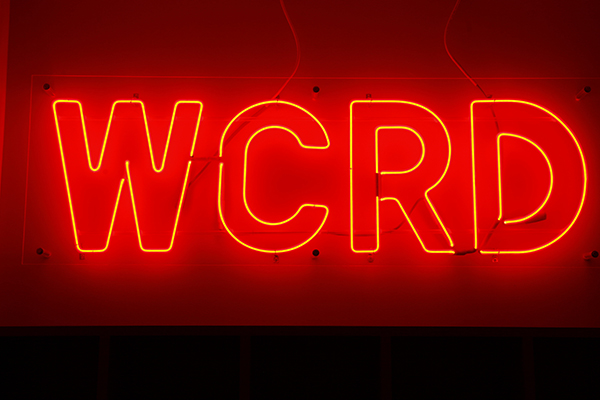Price control in a country like Nigeria can be quite complex and a multifaceted issue. The effectiveness of price control measures can vary depending on several factors, including the specific goods or services being regulated, the overall economic environment, the enforcement mechanisms in place and the responses of consumers and producers alike.
The Ooni of Ife recently implemented price controls on essential food items such as tomatoes, pepper, vegetables, maize etc to ensure that these staple goods remain affordable for the community, by imposing a minimum base price of two hundred naira!
Well, here are a few points to consider;
Benefits of Price Control
- Consumer Protection: Price controls can help protect consumers from exorbitant prices, especially for essential goods and services. This can be particularly important in times of economic instability or crisis.
- Inflation Control: By setting price limits on key goods during periods of high inflation, the government can help stabilize the local economy and prevent rapid price increases that would harm the community.
- Accessibility: Price controls ensure that basic necessities like food, water and healthcare remain accessible to everyone, including the less privileged, which helps maintain social harmony in the community.
Challenges of Price Control
- Market Distortions: If the Ooni sets the price of pepper too low, farmers might be discouraged from going to the farm, leading to shortages. People might then resort to buying from black markets at higher prices.
- Black Markets: When prices are controlled, it can lead to the emergence of black markets where goods are sold illegally at higher prices. For instance, if rice is controlled, some traders might hoard it and sell it secretly at inflated prices.
- Quality Reduction: To maintain profits under price controls, sellers might reduce the quality of goods. For example, a baker might use lower-quality flour if the price of bread is fixed too low.
- Economic Inefficiency: Fixed prices can prevent the market from allocating resources efficiently. For example, if the price of cassava is controlled, farmers might not produce enough, leading to scarcity.
- Administrative Burden: Implementing and monitoring price controls requires resources. The Ooni’s council would need to invest time and effort to ensure traders comply with set prices, which can be challenging.
Examples of Price Control in Nigeria
- Fuel Subsidies: The Nigerian government has historically used fuel subsidies to control fuel prices. While this made fuel affordable, it also caused financial strain on the government and market distortions. Similarly, the government might subsidize local transport during festivals, but this could put a strain on government’s funds.
- Agricultural Products: The Ooni might control prices of yams during the New Yam Festival to ensure everyone can afford them. However, this could lead to shortages or black market activities if not managed properly.
Conclusion
Price control methods by traditional authorities like the Ooni of Ife can be effective in providing short-term relief and protecting consumers. However, they often lead to unintended consequences such as market distortions and black markets. Long-term solutions require addressing underlying economic issues, improving infrastructure and ensuring transparent and effective governance. The success of these measures depends on strong leadership and community support.

